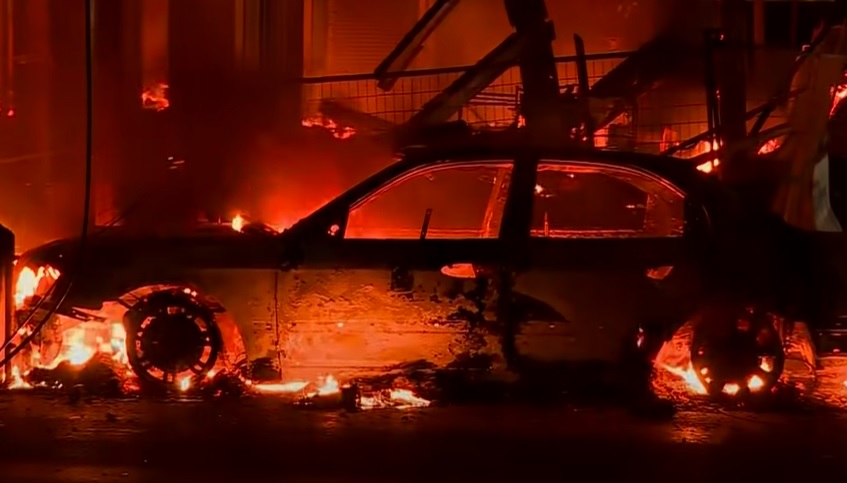
I hate to keep picking on Minneapolis, but, as my mother once told me, sometimes you need a good example of a bad example. Minneapolis was failing its citizens and police officers long before the notorious death of George Floyd.
Once a progressive agency, known for embracing Minnesota’s innovative state requirement of a two-year college degree for police certification and being the centerpiece of domestic violence research resulting in mandatory arrest laws across the country, MPD is flailing.
An amendment to replace the Minneapolis Police Department with a more “holistic” approach to public safety is close to being on the November ballot. A coalition of activist groups behind the amendment announced that their petition to the city’s charter commission last month had more than 14,000 valid signatures from Minneapolis voters, putting it over the threshold needed for the petition to go before the city council. The proposal would replace the MPD with a public safety entity focused on public health “including licensed peace officers if necessary.”
Other proposals are under consideration while the city has suffered a 250% increase in gunshot victims so far this year, after a 20% increase in violent crime in 2020.
Amid the defunding posture of several city leaders, they have been embarrassed not only by the bleeding of their citizen’s crime victims but the bleeding of their budget, too. With over 200 officers abandoning the department, Minneapolis is coughing up $ 6.4 million to try to recruit more police officers. Citizens are begging for relief from long response times and increased crime.
Officers who have left, some to leave the career field and some to continue serving in other, more supportive agencies, have reported feeling abandoned, unsupported, and left to fend for themselves with fewer tools and more restrictions. The looting and burning of an MPD police station was the final straw for some. Even neighboring states have ceased offering mutual aid to any Minnesota law enforcement agency after the state passed extreme restrictions on police actions.
Now the city is facing an additional $35 million in worker’s comp claims as a result of the mental and physical injuries of officers during riot duty. Injuries across the country occurred according to a survey by the Major City Chiefs Association in a report on the 2020 civil disturbances. Among the findings in the report is that over 2,000 police officers were injured in disturbances during a two-month period midyear. Nearly 9,000 events were studied with almost half reporting unlawful acts including the burning of 97 police vehicles. The report verified that violent protestors often used front ranks of peaceful protestors as a shield as agitators threw incendiary devices, rocks, and frozen water bottles among other missiles at police. One tactic involved using firebombs thrown past officers in order to trap the police between an aggressive crowd in front of them and a wall of fire behind.
Minneapolis is paying an average of $175,000 per claim to officers injured to the extent that their ability to serve as police officers has been impaired. Many are those who left MPD. One attorney represents over 200 officers. Claims for mental health impairments as a result of serving under riot conditions are included in the payouts. The City has negotiated the spreading out of payments to reduce the immediate impact on the budget.
Any bright, idealistic hopes of forming some organization that can respond to emergencies and reduce or control crime are pipe dreams for Minneapolis. There may be a seed of good ideas for police reform in the debates on the issue. More significant is the poison seed of mistrust, abandonment, cowardly politics, and schizophrenic decision-making ingrained in the city’s leadership that will be a dark cloud over the public’s safety for years to come.Minneapolis is paying an average of $175,000 per claim to officers injured to the extent that their ability to serve as police officers has been impaired. Many are those who left MPD. One attorney represents over 200 officers. Claims for mental health impairments as a result of serving under riot conditions are included in the payouts. The City has negotiated spreading out the payments in order to reduce the immediate impact on the budget.
Any bright, idealistic hopes of forming some organization that can respond to emergencies and reduce or control crime are pipe dreams for Minneapolis. There may be a seed of good ideas for police reform in the debates on the issue. More significant is the poison seed of mistrust, abandonment, cowardly politics, and schizophrenic decision-making ingrained in the city’s leadership that will be a dark cloud over the public’s safety for years to come.